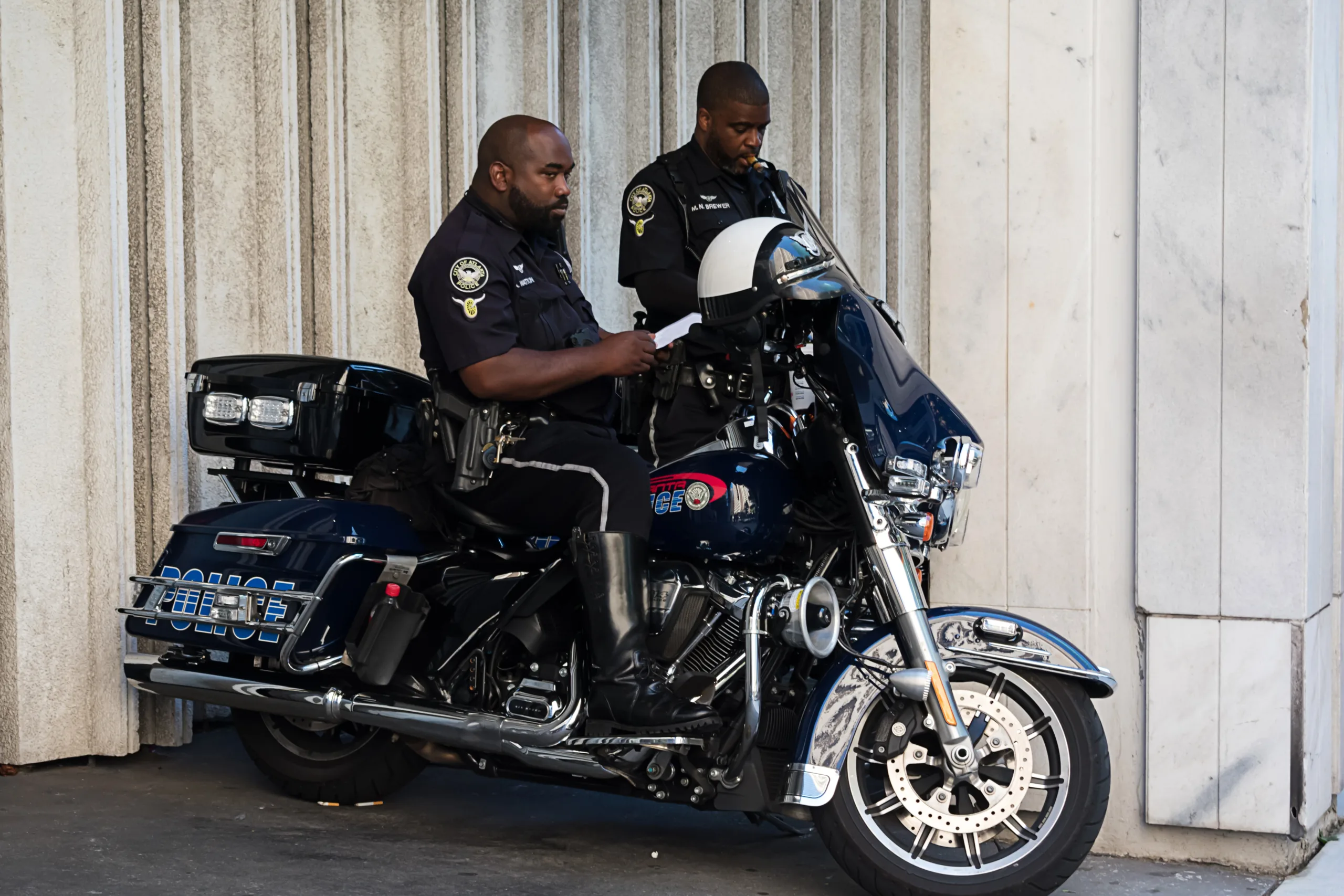Learn about your rights when talking to police in Toronto, including staying silent and seeking legal representation to protect your rights – expert guidance awaits.
When encountering law enforcement, it’s essential to understand your rights and obligations. The interaction between citizens and the police can be intimidating, but knowing how to navigate this situation is crucial. In this blog post, we will discuss your obligations when talking to police in Toronto and provide valuable insights into your legal rights.
1. Your Right to Remain Silent
One of your fundamental rights when talking to the police is the right to remain silent. In Canada, this right is protected under the Charter of Rights and Freedoms. You are not obligated to answer any questions from the police, and you can choose to remain silent if you believe it is in your best interest. Your silence cannot be used against you in court.
2. Providing Identification
In certain situations, you may be required to provide identification when interacting with the police. For example, if you are operating a motor vehicle or if the police have reasonable grounds to suspect that you have committed an offence, you may be asked to provide your name and address. However, beyond this, you are not obliged to answer any further questions.
3. Be Polite and Respectful
While you have the right to remain silent, it’s important to be polite and respectful when interacting with the police. A courteous demeanor can help prevent unnecessary tension and complications. Remember that your tone and behavior can influence how the police handle your situation.
4. Request Legal Representation
If the police begin to question you in a way that makes you uncomfortable or if you feel that the situation is escalating, it’s crucial to request legal representation. You have the right to speak with a lawyer, and it’s advisable to do so before answering any further questions. A lawyer can provide you with valuable advice and ensure that your rights are protected.
5. Your Obligations During Arrest
If you are placed under arrest, your obligations may change. It is crucial to remain calm and cooperate with the arresting officers. You will be advised of your rights, including the right to remain silent and the right to counsel. Exercise these rights as necessary, and do not provide any statements until you have spoken to a lawyer.
6. Keep a Record of the Interaction
It’s advisable to document the interaction with the police as accurately as possible. This may include noting the date, time, location, and the names or badge numbers of the officers involved. This record can be valuable for legal purposes and may help ensure accountability if there are any issues during the interaction.
7. Seek Legal Advice
If you have concerns or questions about your obligations when talking to the police, it’s essential to seek legal advice promptly. Consulting a qualified criminal lawyer in Toronto can provide you with the guidance and representation you need to protect your rights and interests.
Conclusion
Understanding your obligations when talking to the police in Toronto is crucial for safeguarding your rights and ensuring a fair legal process. By knowing when to exercise your right to remain silent and when to seek legal representation, you can navigate interactions with law enforcement effectively. Remember that each situation is unique, and it’s advisable to consult a qualified criminal lawyer for personalized guidance.
For expert legal advice and representation in Toronto, contact De Boyrie Law, your trusted partner in criminal defence.

Alex De Boyrie is an experienced Criminal Defence Lawyer covering Toronto, and the Greater Toronto Area.
In short, Alex’s experience ranges from working on bail hearings, sexual offences, weapons and firearms, assault charges, drug offences, youth crimes, Impaired Driving, and other criminal offences.

